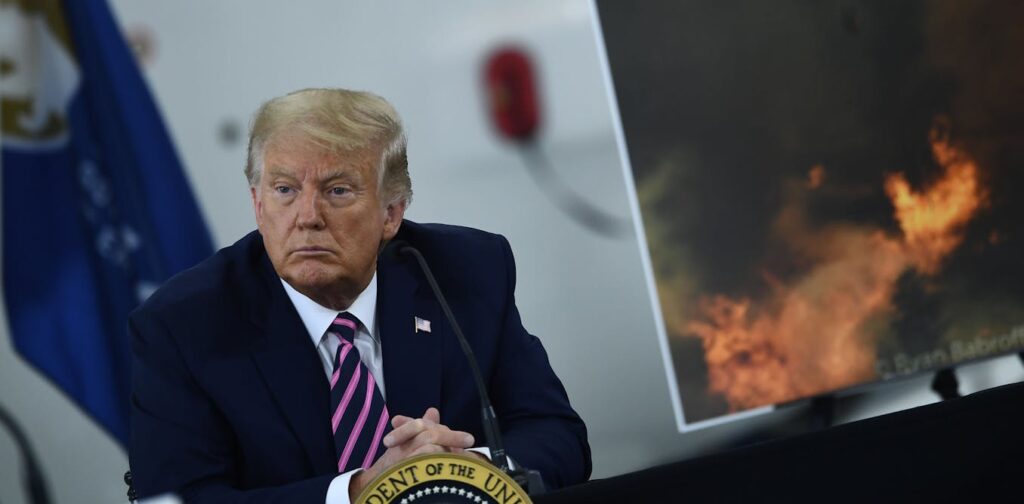In a significant shift of U.S. policy, Donald Trump, upon returning to the presidency, has taken immediate steps to reverse many of the climate initiatives put in place by Joe Biden. This move marks a return to the energy policies reminiscent of his first term in office.
Trump’s initial action was to declare a national energy emergency, urging agencies to leverage emergency powers to ramp up oil and gas production. This directive comes even though U.S. oil and gas production levels are already near historic peaks. Additionally, Trump has rolled back Biden’s protective measures that had restricted oil and gas leasing in the Arctic and along U.S. coasts.
A noteworthy action among his early orders was initiating the process to withdraw the U.S. from the Paris climate agreement, a decision echoing his 2017 withdrawal, which Biden had subsequently overturned.
Historical Context and Political Continuity
Trump’s climate policy reversal is consistent with his previous presidency (2017-2021), during which he repealed the Clean Power Plan and questioned the validity of climate science, famously calling climate change a hoax by China.
His recent appointments to the Cabinet align with these policies, as they include members known for their support of the fossil fuel industry.
Industry Influence and Historical Denial
The oil industry’s awareness of the impact of fossil fuels on climate change is longstanding. As early as the late 1970s, internal reports by companies like Exxon and Chevron acknowledged the environmental consequences of their products. Despite this knowledge, they began significant political contributions to candidates favorable to their interests.
A coordinated disinformation campaign was also launched to undermine climate science credibility, echoing tactics used by the tobacco industry.
Political Dynamics and Public Perception
The political landscape shifted significantly in the 2000 election, reinforcing a divide between “red” and “blue” states. This division has made climate change a partisan issue, complicating efforts to address it through bipartisan cooperation.
The oil industry capitalized on this divide, focusing its resources on influencing Republican states and swing states, which has resulted in a strong partisan stance against climate action.
Future Prospects
Efforts to combat climate change remain a contentious issue in American politics. However, some bipartisan initiatives, such as the U.S. Climate Alliance, show promise in bridging the political divide to address climate concerns.
With Trump’s renewed focus on energy dominance, this period presents both a challenge and an opportunity for advocates of climate action to foster coalitions that transcend political boundaries.
Original Story at theconversation.com
